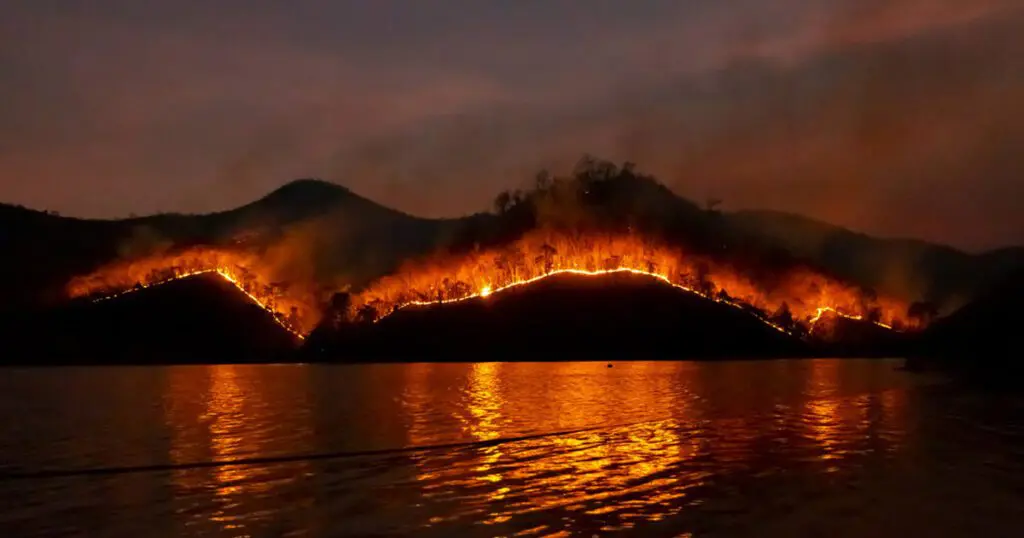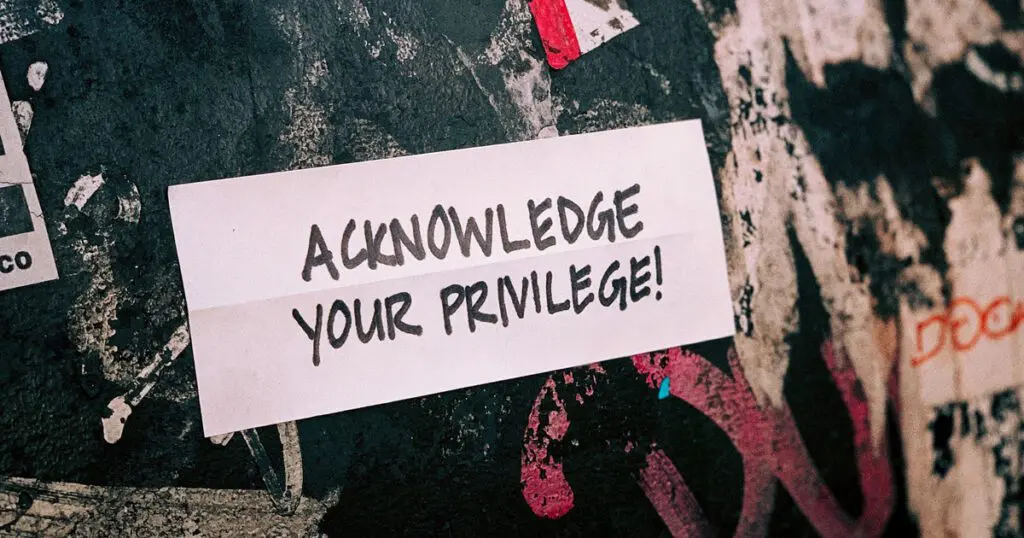
As Canada observes the National Day for Truth and Reconciliation each September 30th, it’s not just a time to reflect on the painful legacy of residential schools but also an opportunity to address pressing contemporary issues. One of the most critical challenges facing us today is climate change—a global crisis that intersects with the principles of reconciliation in profound ways. This day, dedicated to honoring the survivors of residential schools and acknowledging their ongoing struggles, also prompts us to consider how reconciliation can inform and inspire our approach to environmental stewardship and climate action.
Understanding the National Day for Truth and Reconciliation
The National Day for Truth and Reconciliation was established to recognize the traumatic history and enduring impacts of residential schools on Indigenous communities in Canada. These institutions aimed to erase Indigenous cultures and languages through forced assimilation, resulting in deep and lasting harm. The Truth and Reconciliation Commission (TRC) was instrumental in documenting these abuses and calling for a national day of remembrance and action.
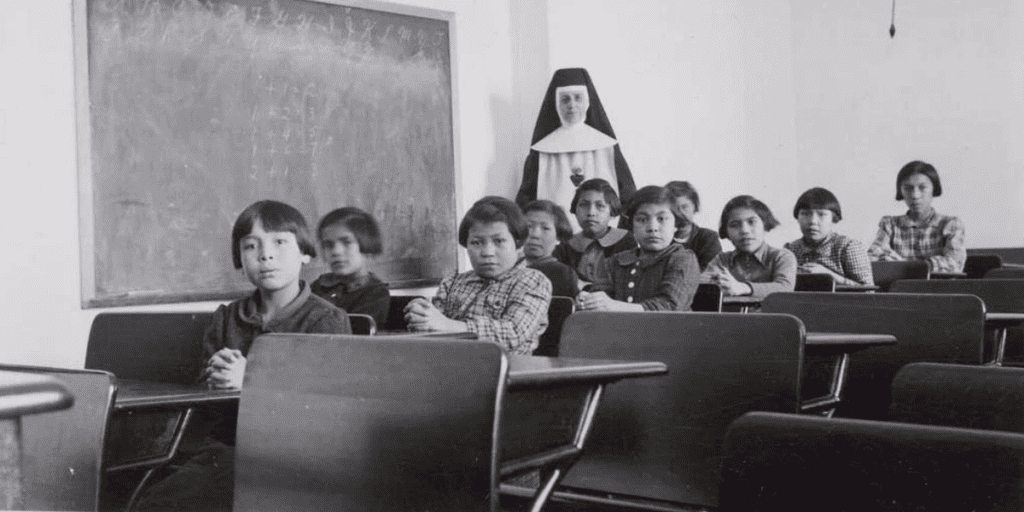
This day serves as a powerful reminder of our shared responsibility to address historical injustices and work towards healing. However, it also provides an important context for considering how these lessons can extend to other critical areas, including environmental justice and climate change.
The Link Between Reconciliation and Climate Change
Climate change is a global challenge with far-reaching implications, affecting ecosystems, economies, and communities worldwide. However, its impact is not felt equally. Indigenous communities, often on the frontlines of environmental degradation, experience disproportionate effects. The principles of reconciliation—respect, justice, and partnership—offer valuable insights into addressing climate change in a more inclusive and effective manner.
1. Indigenous Knowledge and Environmental Stewardship
Indigenous peoples have long practiced sustainable stewardship of their lands, guided by deep ecological knowledge and cultural traditions. Their practices offer innovative solutions for managing natural resources and addressing climate change. This traditional ecological knowledge (TEK) is increasingly recognized for its value in contemporary environmental management.
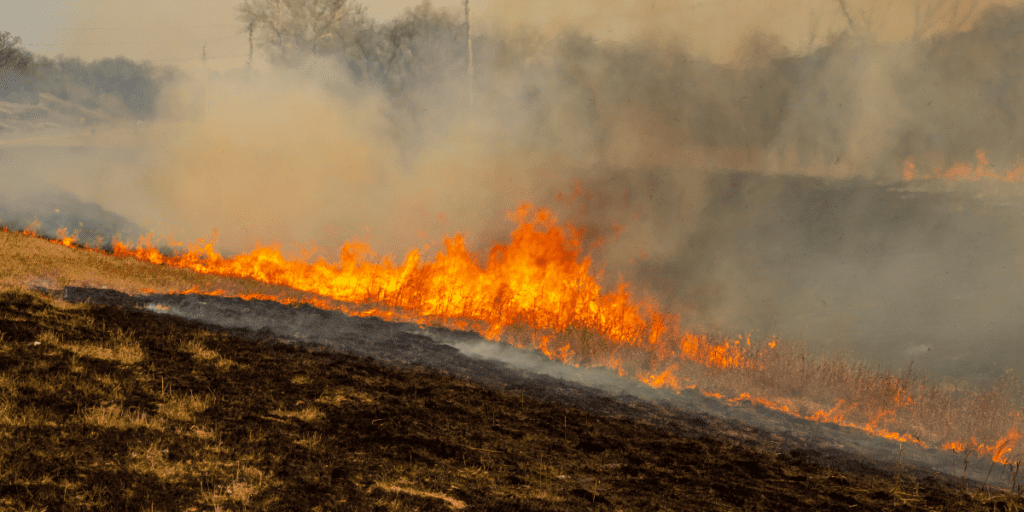
For example, Indigenous fire management techniques, such as controlled burns, have been used for centuries to maintain healthy ecosystems. These practices can help reduce the risk of catastrophic wildfires, promote biodiversity, and enhance soil health. Integrating such practices into modern climate strategies can improve our approach to fire management and ecosystem restoration.
Similarly, Indigenous knowledge about local flora and fauna contributes to more effective conservation strategies. This knowledge can inform approaches to habitat restoration, species protection, and sustainable land use. By valuing and incorporating Indigenous perspectives, we can develop more holistic and adaptive responses to climate challenges.
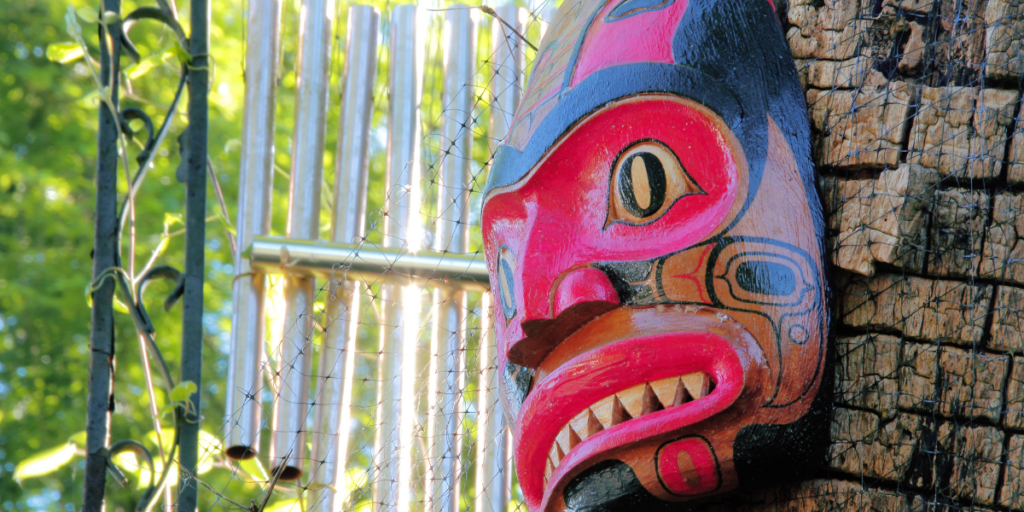
2. Climate Justice and Equity
The impacts of climate change are not uniform; they disproportionately affect marginalized communities, including many Indigenous groups. Climate justice seeks to address these inequities by ensuring that vulnerable populations are not left behind in the transition to a more sustainable future.
Reconciliation involves recognizing and addressing the systemic injustices that Indigenous communities face, which extends to climate justice. This means advocating for policies that address the specific needs and vulnerabilities of Indigenous communities in the face of climate change. For instance, supporting Indigenous-led climate initiatives, such as renewable energy projects and community-based adaptation plans, helps to empower these communities and promote equitable climate solutions.

Incorporating principles of equity into climate action involves addressing broader issues of social justice, such as poverty, inadequate healthcare, and limited access to education, which exacerbate the impacts of climate change. By addressing these underlying disparities, we can create more resilient and inclusive communities that are better equipped to face environmental challenges.
3. Global Perspectives and Indigenous Rights
Climate change is a global issue that intersects with international discussions on Indigenous rights and sovereignty. Many Indigenous communities worldwide are advocating for their rights to land and resources as part of their efforts to address climate change and protect their environments.
Supporting Indigenous rights and self-determination is crucial for effective climate action. This includes respecting land claims, supporting Indigenous-led conservation efforts, and ensuring that Indigenous voices are central to decision-making processes. Global initiatives to address climate change should recognize and incorporate Indigenous knowledge and perspectives, fostering partnerships that respect Indigenous rights and promote environmental sustainability.
For example, international agreements on climate action, such as the Paris Agreement, can benefit from stronger inclusion of Indigenous rights and perspectives. By ensuring that Indigenous communities are involved in global climate negotiations and decision-making, we can develop more comprehensive and equitable solutions to climate challenges

The National Day for Truth and Reconciliation offers a valuable opportunity to reflect on how the principles of reconciliation can inform and enhance our approach to climate action. As we observe this day, it’s important to consider both individual and collective actions that can contribute to a more just and sustainable future.
1. Educating Ourselves and Others
Education is a key component of both reconciliation and climate action. By learning about the history and experiences of Indigenous peoples, we can better understand the connections between historical injustices and contemporary challenges. This includes exploring the impacts of residential schools, the significance of Indigenous knowledge, and the role of Indigenous communities in climate action.
Sharing this knowledge with others—through conversations, community events, or educational initiatives—helps to build awareness and support for reconciliation and climate justice. It also reinforces the idea that addressing these issues requires a collective effort and a commitment to continuous learning and growth
2. Supporting Indigenous-Led Initiatives
Supporting Indigenous-led initiatives is a crucial aspect of advancing both reconciliation and climate action. This can involve contributing to organizations that work on Indigenous climate solutions, such as renewable energy projects, conservation efforts, and community-based adaptation plans. It also means advocating for policies and practices that support Indigenous rights and address systemic inequalities.
Engaging in partnerships with Indigenous communities—whether through business collaborations, environmental projects, or cultural exchanges—can foster mutual respect and understanding. By recognizing and valuing Indigenous leadership and expertise, we contribute to a more equitable and sustainable future.

3. Committing to Ongoing Action
Reconciliation and climate action are ongoing processes that require sustained commitment and effort. This involves regularly reflecting on our own roles in perpetuating or challenging systemic injustices and making conscious choices that align with the values of reconciliation and sustainability.
For individuals and organizations, this means integrating principles of equity, respect, and environmental stewardship into daily practices. By actively seeking out and addressing areas of inequality and environmental degradation, we contribute to a more just and sustainable world.
The National Day for Truth and Reconciliation is a powerful reminder of the need to confront historical injustices and work towards a more equitable future. By linking this day to contemporary issues such as climate change, we can see that the principles of reconciliation have far-reaching implications beyond the Canadian context.

As we reflect on the lessons of reconciliation, it is essential to recognize that this is not just about acknowledging the past but about actively shaping a more just and compassionate future. By educating ourselves, supporting Indigenous initiatives, and committing to ongoing action, we honor the legacy of those who have suffered and work towards a world where justice, equity, and environmental sustainability are universally upheld.
Sources:
Truth and Reconciliation Commission of Canada
National Day of Truth and Reconciliation
State of the World’s Indigenous Peoples Report
Indigenous Environment Network






